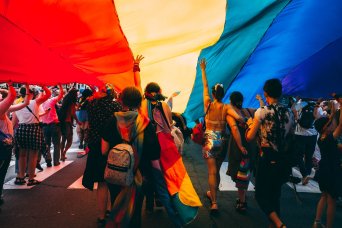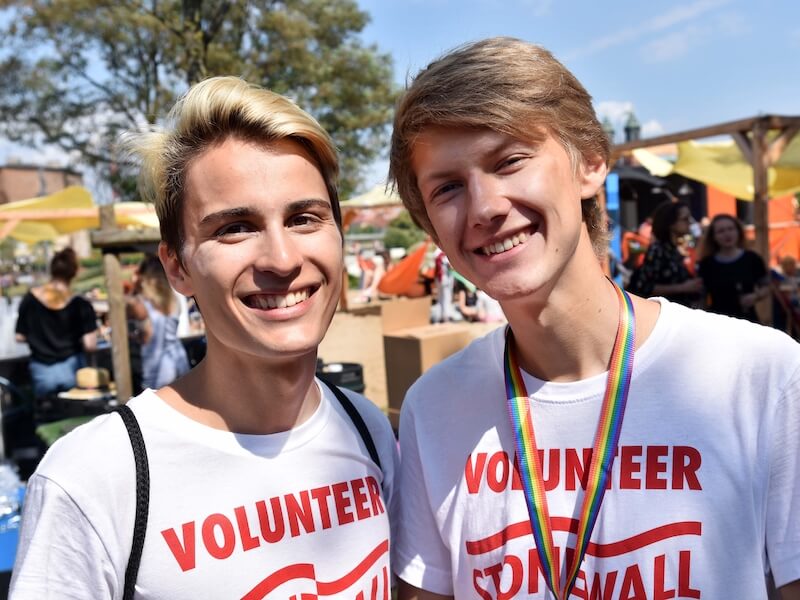- About
- Topics
- Picks
- Audio
- Story
- In-Depth
- Opinion
- News
- Donate
- Signup for our newsletterOur Editors' Best Picks.Send
Read, Debate: Engage.
| topic: | LGBT Rights |
|---|---|
| located: | Serbia |
| editor: | Katarina Panić |
A few thousand people took to the streets of Belgrade last Saturday during the EuroPride parade, defying the government’s ban on the march. The Serbian capital was the very first southeast European city chosen to host the event. Nevertheless, the Ministry of the Interior (MoI) banned the parade almost one month before, siding with the thousands that took part in an anti-Pride demonstration run by Orthodox priests and far-right groups demanding that the LGBTQ+ rally be cancelled.
The EuroPride organisers refused to accept the ban, opting instead to change the previously planned route. Despite the tremendous pressure from the country and abroad – more than 20 embassies, international and local human rights organisations and the LGBTQ+ community - the government refused to withdraw the ban. On the same day, anti-Pride protesters took to the streets as well, although their march also was banned. More than 5,000 policemen guarded the event. There were a few incidents, mostly when counter-protesters clashed with police and attacked journalists. In total, 64 people were arrested and, according to MoI, 13 policemen were injured.
The most vital impressions were not only of homophobia, but of xenophobia too. Namely, many people had travelled from abroad for the event, and LGBTQ+ activists believe it would not have been so contentious if this was an ordinary national pride as it happens every year. It seems local extreme right wingers wanted to show themselves and their attitudes to foreigners more than to locals.
One of the organisers of EuroPride, Goran Miletić, said the event managed to take place thanks to the persistence of the LGBTQ+ community, which kept talking with the government after the ban was imposed and continued speaking out until the end of the EuroPride week - and will continue to speak out in the future, too.
“Authorities tried to distance themselves from that event, starting with the mayor of Belgrade, Aleksandar Šapić, to the state-level authorities. No one said that it was great for Serbia. All the time, the thesis was completely replaced,” Miletić stated.
However, the state must not be satisfied since it showed that human rights were not fully respected and that no freedom of assembly was guaranteed.
“I can't believe we are back in 2009 with conspiracy theories. Many untruths were told, and the authorities contributed to this by not having the statements they should have had at the beginning - to explain what kind of event it was and to be proud of it,” said Miletić.
Photo by Mercedes Mehling

